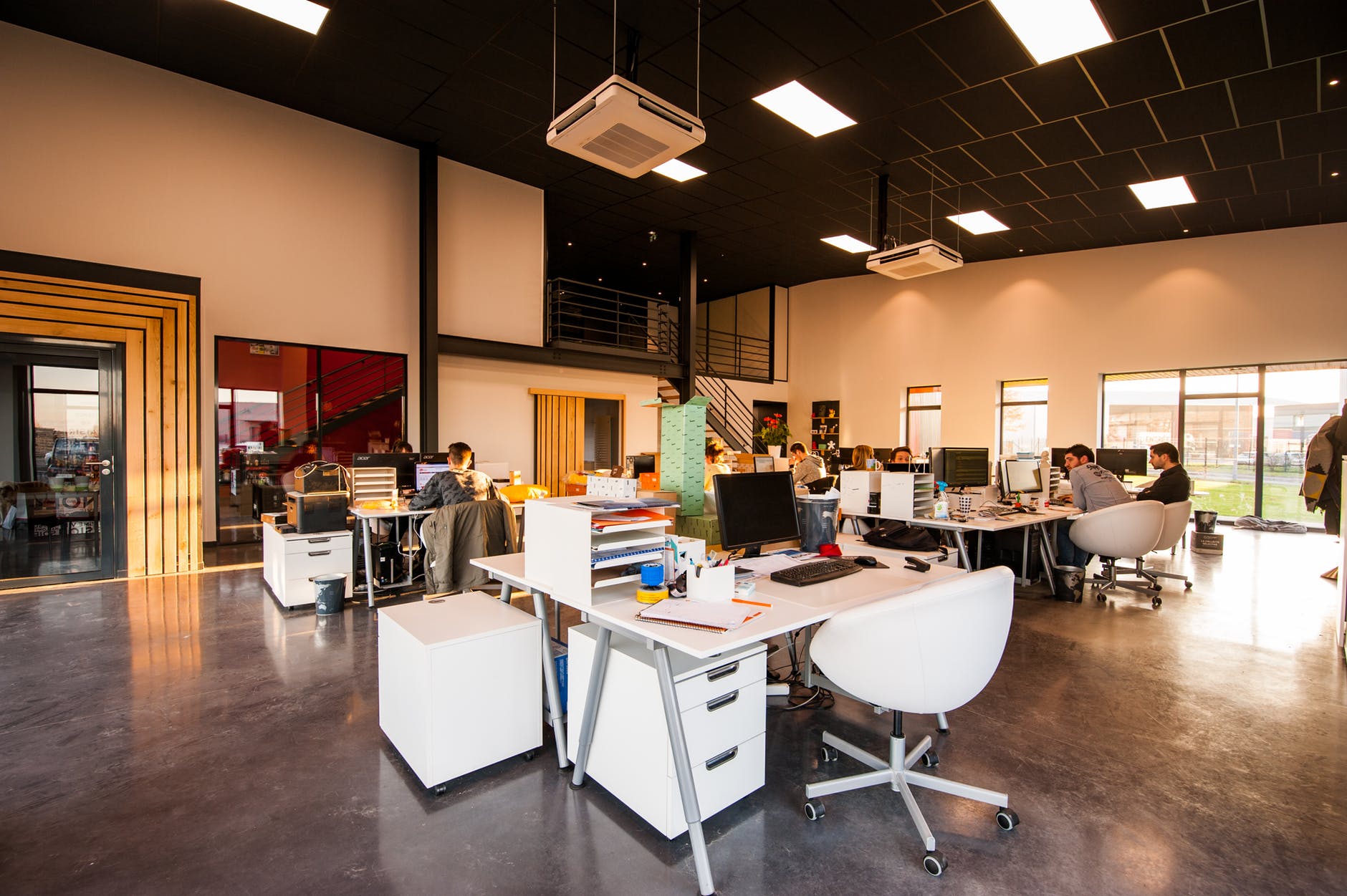Ceaseless stress has an adverse impact on company profitability. This is precisely what can be done. It’s a clear reality that the world has a “compulsive worker” working culture. Amusingly, this emphasis on work does more damage than anything to companies. Stress is not just terrible for our bodies–it is also disastrous for our companies, because it has an adverse impact on the performance of employees, turnover and long-term effectiveness.
It is important for companies to evaluate how their job environment culture affects representative burnout and overall prosperity for long-term achievement and development. Since April is Stress Awareness Month, how about we look at the top ways that representative pressure is detrimental to company.
How work pressure affects representatives and companies
In spite of the reality that a small level of pressure can offer flashing efficiencies–which a few experts refer to as a pressure sweet spot–steady pressure has been shown to reduce the long-term profitability of employees. It also undermines innovation, appreciation and subjective ability, which is opposite to what companies need from their officials.
One factor is that workers are disturbed about going on vacation–by and large, because they think they’re going to be punished for doing so. In November 2018, CNBC announced that one-fourth of workers had at least nine days of paid downtime (PTO) remaining in the year. Studies have found that the participants–the demonstration of appearing for work when you’re sick–are paying extra to organizations. Lost performance costs about $150 billion per year–far more than non-appearance costs.
Representatives who don’t take as much time as they need are sure to wear out a lot quicker in upsetting office conditions, resulting in higher turnover. As one investigation stated, 40% of the representatives assumed they would give up their job due to burn-out.
How businesses can reduce stress on their workers in order to avoid these entanglements, companies should concentrate on reasonable wishes and the well-being of staff. The following are just a few of my recommendations.
- Encourage companies to do outsourcing when the workload is heavy. For instance the company can outsource services from other companies like OutreachMonks white label link building. There are many companies offering many services that can be done remotely.
- • Beyond dinner, businesses should standardize disengaging from work, as it benefits emotional well-being. Innovation puts us all together day in and day out, which pushes us to feel that we should all be consistently associated with one another, however this constant contact should be avoided. Officials who browse emails and do business related assignments send typical hours work 36 additional days every year.
- • Motivate workers to go on vacation, particularly when they are wiped out and can infect others, put money aside, and make happier, strong-performing employees. Regardless of the fact it is not wiped out, it is critical to just use PTO to calibrate. HR groups can send quarterly updates and even inspire staff to do so. Office representatives and group pioneers should educate their groups about when excursions fit well in their calendars, for instance, following the conclusion of a especially big project.
Stress is incorporated into our culture of activity, so it won’t go away with just a few handy solutions. The initial step is to put up with a lot of individual company-related stress from living up to the desires of their managers. By knowing–and unmistakably conveying–that the prosperity of the representatives is of the greatest concern and providing significant answers to the reduction of the stress of the working environment, companies can address the issue of burnout work force.


